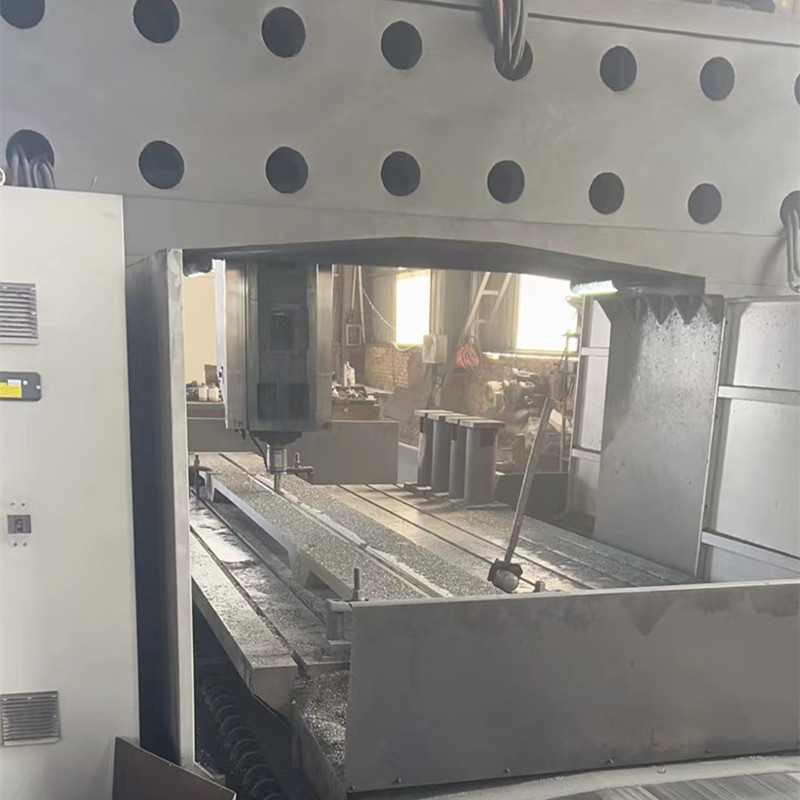Каст . 04, 2024 02:23 Back to list
precision granite master square
The Importance of Precision Granite Master Squares in Machining and Metalworking
In the world of machining and metalworking, precision is paramount. One tool that embodies this precision and is invaluable to machinists and engineers is the granite master square. Known for its unparalleled accuracy and stability, the precision granite master square is an essential instrument for various applications, ranging from setup and layout work to inspection and quality control.
Granite is a preferred material for master squares due to its unique properties. Unlike metal, granite does not warp, swell, or contract with changes in temperature and humidity, making it ideal for maintaining dimensional stability. This inherent inertia allows granite master squares to serve as reliable references for checking straightness, squareness, and flatness. The robust and rigid structure of granite ensures that the measurements taken are both accurate and repeatable, which is vital for high-stakes manufacturing processes where tolerances can be as tight as microns.
When constructing or aligning machinery, a precision granite master square serves as a fundamental tool. Its right angle edges allow machinists to ensure that components are aligned correctly, which prevents assembly issues that could lead to machine failure or inefficient operation. By laying a granite master square against metal workpieces, operators can assess whether angles are accurate and whether surfaces are truly flat. This capability is crucial in creating parts that fit together seamlessly in assemblies.
precision granite master square

In addition to its role in setup and alignment, the granite master square is also essential in quality control. During the inspection process, it acts as a reference point against which the dimensions of manufactured parts can be measured. This ensures that any deviations from specifications can be detected and addressed proactively. For industries that emphasize rigorous quality standards, such as aerospace and automotive manufacturing, the reliance on granite master squares is not only common but expected.
The durability of granite also contributes to the longevity of the master square. Unlike other materials that may chip or wear over time, a granite square can remain functional for decades if properly cared for. These tools can withstand the rigorous demands of workshops without losing their geometry, which underscores their cost-effectiveness as an investment for businesses focused on precision engineering.
Furthermore, the accuracy provided by a precision granite master square translates into financial savings for businesses. Components manufactured with greater precision reduce waste and the need for rework, leading to improved efficiency and productivity. In a competitive environment where margins can be slim, the benefits of incorporating granite master squares into the workflow can have a significant positive impact on a company’s bottom line.
In conclusion, the precision granite master square is an indispensable tool in the machining and metalworking industries. Its stability, durability, and accuracy make it an essential asset for ensuring that dimensional requirements are consistently met. With its ability to aid in the alignment of parts and the inspection of quality, the granite master square not only enhances the efficiency and reliability of manufacturing processes but also fosters a culture of precision that is paramount in today’s competitive economy. As industries continue to evolve, the granite master square will undoubtedly remain a cornerstone of quality and excellence in machining and engineering practices.
-
Why Metric Trapezoidal Thread is Ideal for Precision Motion ControlNewsAug.05,2025
-
The Unique Properties of a Block of Granite for Industrial UseNewsAug.05,2025
-
The Role of Flanged Y Strainers in Preventing Pipeline ClogsNewsAug.05,2025
-
The Importance of Regular Calibration for Master Ring GagesNewsAug.05,2025
-
How a Cast Iron Surface Table Enhances Accuracy in ManufacturingNewsAug.05,2025
-
Comparing Different Check Valve Types for Optimal Flow ControlNewsAug.05,2025
Related PRODUCTS









